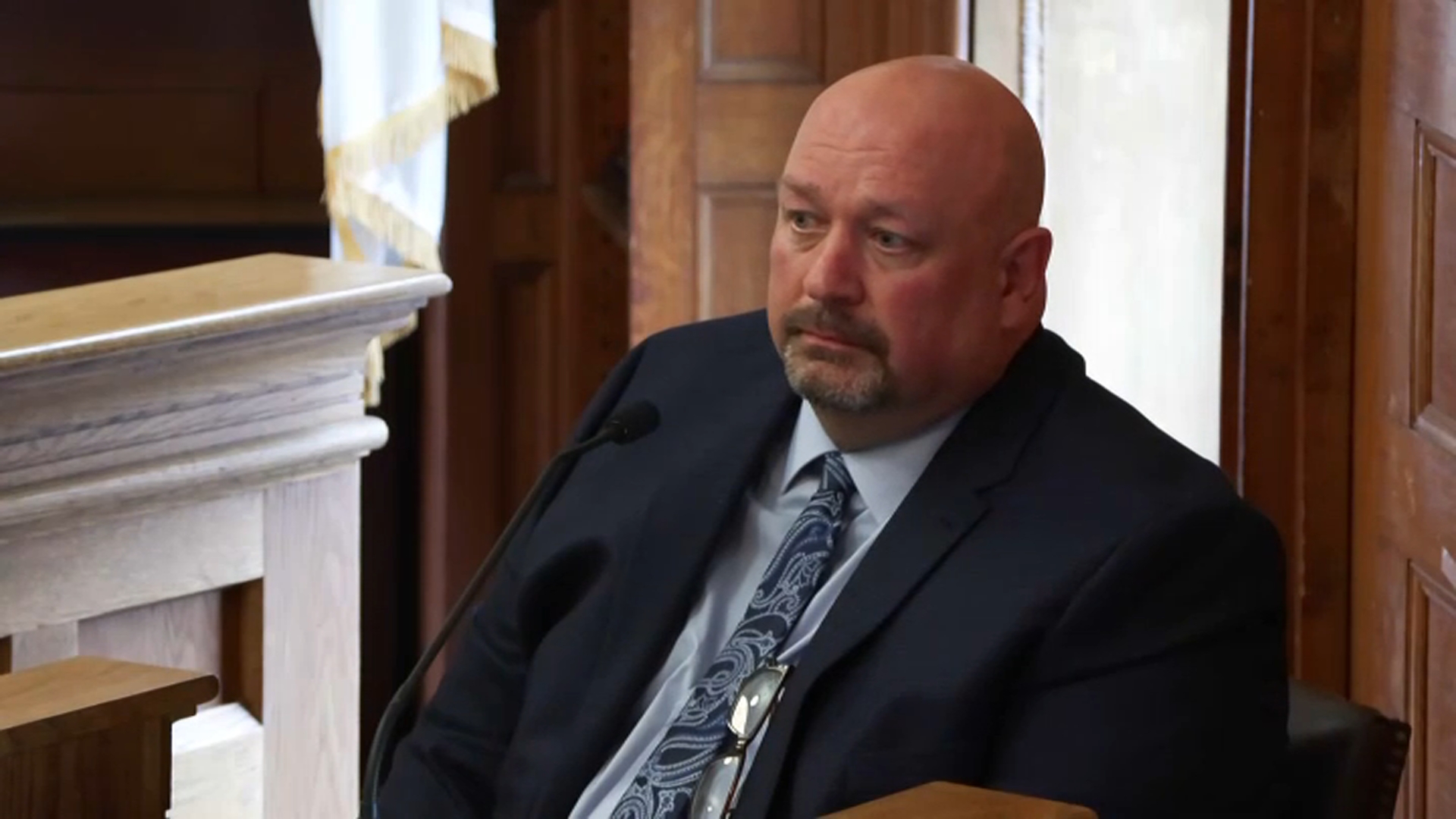
Gov. Maura Healey signed an executive order Wednesday to create a task force meant to study artificial intelligence and to advise her administration on the state's role in implementing and encouraging private sector use of the new technology.
The Artificial Intelligence Strategic Task Force will make recommendations on how the state can support businesses with AI adoption and role out its use in government.
Artificial intelligence (AI) and generative artificial intelligence (GenAI) refer to the simulation of human intelligence processes by machines and computer systems. This emerging technology encompasses computer programs that can do language translation, chatbots that simulate human conversation, algorithm-based recommendation systems that analyze user preferences to recommend movies, music and other media, and virtual assistants like Siri and Alexa, as well as other new programs and innovations.
Over the last decade, the technology has rapidly evolved to be widely used across industries.
Get Boston local news, weather forecasts, lifestyle and entertainment stories to your inbox. Sign up for NBC Boston’s newsletters.
"Massachusetts has the opportunity to be a global leader in Applied AI -- but it’s going to take us bringing together the brightest minds in tech, business, education, health care and government. That’s exactly what this task force will do," Healey said in a statement. "Members of the task force will collaborate on strategies that keep us ahead of the curve by leveraging AI and GenAI technology, which will bring significant [benefits to] our economy and communities across the state."
The governor will seek $100 million in her upcoming economic development legislation to create an "Applied AI Hub" in Massachusetts, in an effort to make the state more attractive for the burgeoning AI industry.
The funding would be used for a capital grant program to support the adoption of AI in public policy applications, and to contribute to the state's technology sectors including life sciences, health care, financial service, advanced manufacturing, robotics and education. The fund would focus on capital expenses related to the incubation of AI firms and the development of AI software and hardware technology.
Local
In-depth news coverage of the Greater Boston Area.
"We have the conditions in place here in Massachusetts to cement our standing as the hub of AI and emerging technology in the future," Secretary of Technology Services and Security Jason Snyder said. "Today’s executive order recognizes the urgent need for the state to engage with AI now, with the understanding that we do our best work together, with state policy leaders, the innovation industry, and [higher] education all at the table. We are working on projects that capitalize on this rich ecosystem to move our entire state forward."
The task force will consist of 25 people representing members of the business community, higher education institutions, and state and local governments. The secretaries of the Executive Office of Economic Development and the Executive Office of Technology Services and Security will serve as co-chairs.
Vice president and chief information officer at UMass, Michael Milligan, and Boston Chief Information Officer Santiago Garces will serve as co-chairs representing higher education and local government.
In addition, the administration announced a partnership with Northeastern University called "InnovateMA" to leverage the use of AI across state governments.
Northeastern students have started helping the state implement AI through projects such as creating a tool for MassHealth call center staff to more efficiently navigate laws and regulations for customer support, helping MassDOT's Highway Division engineers to navigate the large quantity of standard operating procedures governing highway projects, creating a tool for the riders of the MBTA RIDE service to better understand how to access services, and predicting grant program eligibility for entities applying for grants from the Executive Office of Energy and Environmental Affairs, according to Healey's office.
Steve Kadish, the former chief of staff to Gov. Charlie Baker and Northeastern University chief operating officer, was spotted on Beacon Hill giving a tour of the State House to students from the university Wednesday.



